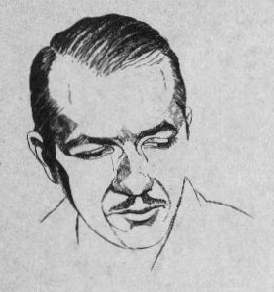Going After Cacciato
After writing about Tim O’Brien’s book The Things They Carried, an acquaintance recommended that I also check out another of O’Brien’s novels, Going After Cacciato. That sounded like a good idea to me, so I got a copy of the audiobook edition expecting another war novel along the lines of The Things They Carried.
I was about half-right. It’s partly a war novel, and partly a modern version of Around the World in Eighty Days. Once again, we follow a company of soldiers in the Vietnam War, and roughly half the chapters, interspersed between those about the main narrative, are anecdotes about protagonist Paul Berlin’s experience as a new soldier, much like The Things They Carried. The other half, and the primary narrative of the book, is about one member of the company, Cacciato, going AWOL. Cacciato seems to be not quite retarded, but certainly not too bright, either, and he’s decided to leave the war for Paris. He’s not a coward or a pacifist or anything like that, it’s just that he’s apparently not clever enough to see the consequences of what is, in fact, desertion, and the impossibility of traveling all the way from Vietnam overland to France.
